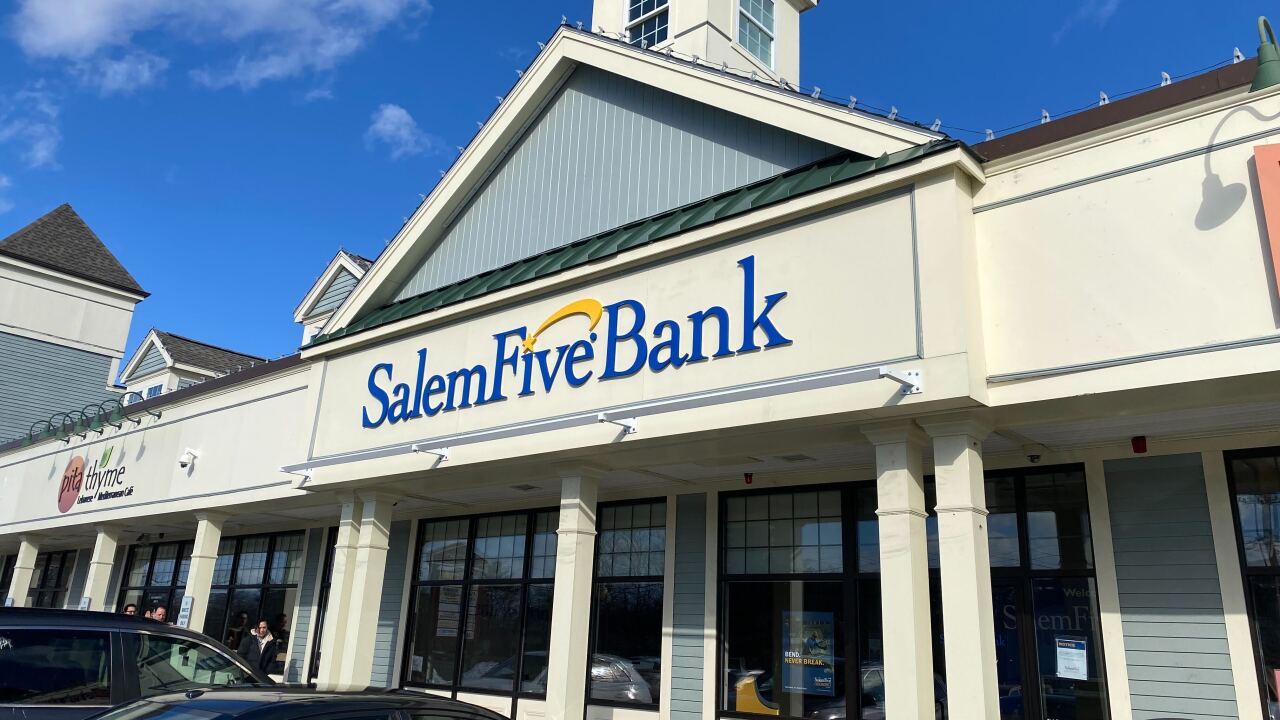-
In his first official speech since becoming chairman of the House Financial Services Committee, Bachus defended community bankers Thursday, telling examiners to back off ...
January 13
WASHINGTON — With small-business credit still sluggish, policymakers and industry representatives spent much of a Federal Deposit Insurance Corp. forum Thursday debating whether government could find a solution, or was itself part of the problem.
Regulatory officials insisted credit can flow amid heightened supervision and still-declining real estate values. They urged lenders to do more holistic underwriting, and not rely on a borrower's collateral values to dictate whether a loan is made.
"Ultimately, until the real estate market" improves, "which is going to take a while still," the underwriting cannot "rely on collateral for repayment," said Federal Reserve Board Chairman Ben Bernanke. "The only way to make the loans is to do the work."
The high-profile forum, moderated by CNBC, featured a panel where Bernanke was joined by FDIC Chairman Sheila Bair, Sen. Mark Warner, D-Va., and Thomas Bell Jr., the chairman of the U.S. Chamber of Commerce.
The speakers all cited signs of improvements in the economy and greater potential for an expansion of commercial lending in 2011. But the discussion was highlighted by disagreements over how the stricter environment, including new reforms in the Dodd-Frank Act, will impact lending.
Warner, who helped write the Dodd-Frank Act, acknowledged that the industry was not hearing a cohesive voice from Washington.
"We are sending mixed messages. On one level we want" banks' "balance sheet to look better. On the other hand, we're telling them to go out and do more lending," he said.
But Bair said a more cautious balance sheet can be a benefit to an institution's lending portfolio. She said the main reason why lending has been sluggish has been a crisis borne out of excessive risk.
"I don't think they're inconsistent. A bank with a strong balance sheet is going to do a better job lending," Bair said. "If you've got troubled loans on the balance sheet, you can't ignore them."
Bair also agreed with Bernanke that lenders must broadly asses underwriting factors, and not rely on single indicators such as a borrower's real estate losses.
"We've asked examiners to focus on the ability to repay, not on the collateral declines," she said.
In light of some complaints that exams have seemed more aggressive than what regulators in Washington have intended, officials announced the launch of a new FDIC hotline — 1-(855) FDIC-BIZ — for small business borrowers to express concerns about their ability to obtain credit.
But despite the various attempts by government policymakers to jumpstart small-business lending, others at the forum sounded more convinced that officials have gotten in the way. Bell focused in on the Dodd-Frank Act, enacted in July.
"It's a bad bill with never-ending unintended consequences," he said.
Warner disagreed.
"While imperfect, … I felt we struck a pretty good balance," he said. "I got as much criticism from the left that we didn't go far enough … as I did from the right that we went too far."
Still, the senator expressed reservations about the latest plan to revive commercial lending — a $30 billion fund to provide community banks with capital with which to lend. A key issue about such assistance has always been whether banks would participate. While many bankers have supported the idea, lenders have criticized the terms, including the exclusion for Small Business Administration loans and the structure of dividends banks would pay the government.
"I had some real questions whether banks would take it in the first place," Warner said.
But the most overt disapproval of government involvement in the sector came at the outset of the event. In an opening keynote speech, Rep. Spencer Bachus, R-Ala., blasted the federal efforts.
"The pendulum has swung too far to regulatory micromanagement," he said.
The Alabama Republican singled out the Dodd-Frank Act as the culprit, arguing it has stifled lending and fueled economic uncertainty.
"Unfortunately, the new regulatory structure of Dodd-Frank will redefine the way our economic system and our financial services system operate in the future, constricting jobs and punishing Main Street businesses that did nothing to cause the crisis," Bachus said.
Yet despite differences about the role of government, attendees generally agreed there has been slight improvement in both the broader economy and small-business credit.
"My sense is we are in a position where we are going to start to see improvement," Bernanke said. "I think things have stopped getting worse and are starting to get better."
He said efforts among regulators to encourage prudent modifications of commercial loans are also showing promise.
"We've seen improved workouts, faster workouts. But it's not going to happen overnight," Bernanke said. "It's a slow process but certainly it's one of our key goals."
In response to a question from the CNBC moderator, Bernanke said the central bank's controversial policy to feed financial resources into the economy - known as the 'QE2' - also has beneficial effects on small businesses by strengthening the broader domestic economy.
"A stronger economy helps small business more than it helps larger businesses," he said.
Some observers said lending will not pick up until regulators become more comfortable with small businesses as a borrower.
The Small Business Lending Fund "itself potentially will have a positive impact on small business lending. But along with that there has to be demand by customers, willingness by the banks to make the loans and an understanding on the regulators' part of what small business lending means and the risks associated with small business lending," Frank Bonaventure Jr., a principal at Ober Kaler, said in an interview. "If an institution gears up to do small business lending you can't have the regulator taking a very risk intolerant position in examining the bank, because small business lending entails some risk."




